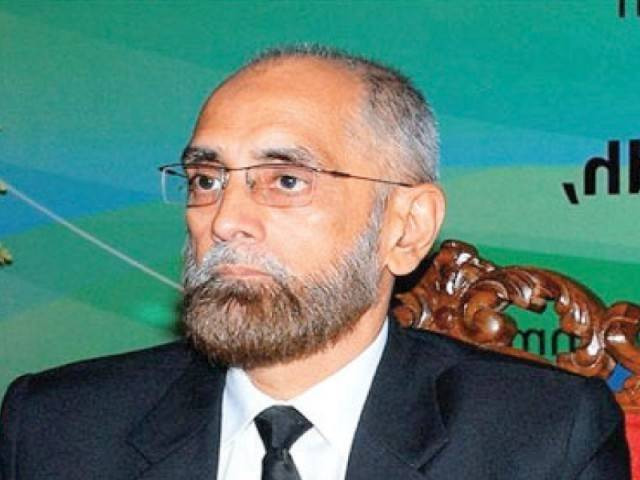The dictatorship deficit
It is all too easy to criticise the incumbent and past democratic governments for their failures

Chief Justice of Pakistan (CJP) Justice Anwar Zaheer Jamali. PHOTO: FILE
Viewed objectively, democracy has been on a hiding to nothing from the outset. The state came into being with little in the democratic toolbox, zero in terms of coherent political maturity and a struggle for power inside what passed for the political cadre that continues today. The military from the beginning were both the power-brokers and the kingmakers, and when the kings — or queens — failed to deliver then they were sidelined and khaki governance took over. That cycle now appears to be at an end but democracy remains elusive. The balance remains weighted towards the military in most matters governmental; but the civilians are at the very least getting an opportunity to be engaged in the democratic process long enough to move beyond the kindergarten and flinging teddies around the playpen every time there is a disagreement about the colour of the wallpaper. The current dispensation, flawed as it is, is making some significant advances in terms of statecraft and looking beyond a single electoral cycle. It has yet to divest itself of being Punjab-centric and wholly inclusive in provincial terms, and the provincial assemblies themselves can hardly be regarded as mature political entities — but there is an increasingly evident evolution ‘in process’. And democracy everywhere is never anything less than incomplete, a work in progress.
Published in The Express Tribune, March 22nd, 2016.
Like Opinion & Editorial on Facebook, follow @ETOpEd on Twitter to receive all updates on all our daily pieces.















COMMENTS
Comments are moderated and generally will be posted if they are on-topic and not abusive.
For more information, please see our Comments FAQ